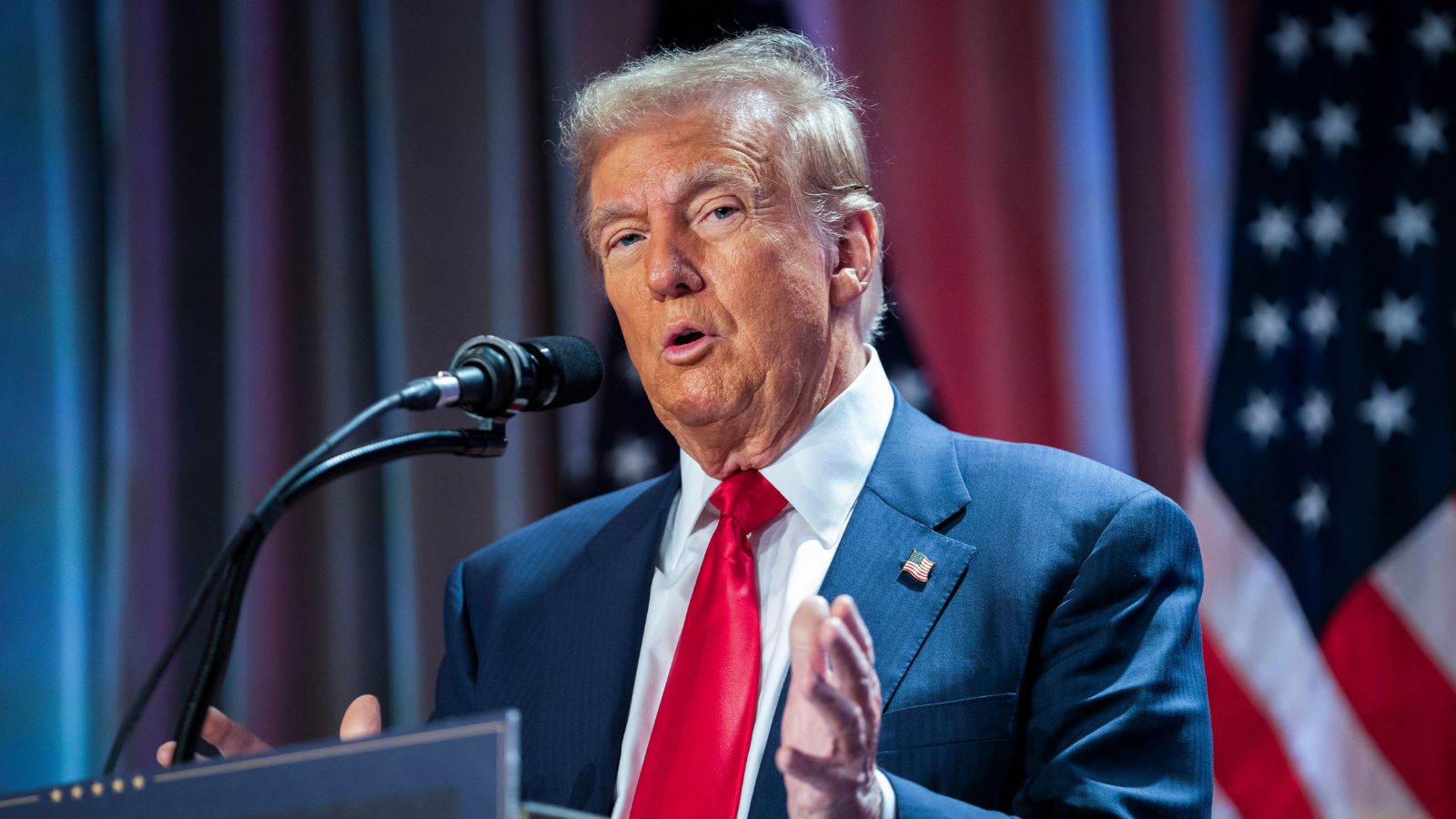 |
|
Donald Trump's return to the White House marks a significant shift in US political landscape, promising a dramatic reversal of many policies enacted during Joe Biden's presidency. His stated intention to initiate a 'revolution of common sense' signals an aggressive approach, with a flurry of executive orders anticipated immediately upon his inauguration. The sheer scale of his proposed changes, ranging from immigration and border security to trade and climate policy, is unprecedented, and almost certainly destined to face significant legal challenges. Trump's promises, ranging from mass deportations and border wall completion to sweeping tariffs and the establishment of a Bitcoin stockpile, showcase a bold agenda aiming to dismantle much of his predecessor's work.
Immigration and border security are central to Trump's plan, promising the largest deportation program in American history and the declaration of a national border emergency, potentially deploying the military to secure the southern border. The ending of protections for churches and schools from federal immigration raids is a particularly contentious point, raising serious concerns about the potential violation of the rights of vulnerable communities. The reinstatement of the 'Remain in Mexico' policy, forcing asylum seekers to wait in Mexico, and a challenge to the constitutional right of birthright citizenship, even if legally improbable, signal a hardline stance. The completion of the border wall, a key campaign promise from his first term, is set for immediate resumption through executive action.
Trump's economic vision involves imposing sweeping tariffs on imported goods, potentially driving up consumer prices and provoking retaliatory measures from other countries. While initial reports suggest a more measured approach involving a trade memo directing federal agencies to investigate unfair trade practices, the potential for substantial tariff hikes remains. His embrace of cryptocurrency, and the suggestion of creating a federal Bitcoin stockpile, represents a significant departure from traditional economic policies, though experts debate its economic viability. The potential impact on global trade and the American economy are both substantial and uncertain.
Trump's climate and energy policies represent a direct counter to Biden's initiatives, focusing on deregulation and a prioritization of domestic energy production. The reversal of climate-friendly policies, including the removal of restrictions on drilling, the banning of new wind energy projects, and the cancellation of electric vehicle mandates, signals a complete shift away from efforts to combat climate change. The planned withdrawal from the Paris Agreement, for a second time, further underlines this commitment to energy independence over environmental concerns. The long-term environmental consequences of these policies are a subject of intense debate, with potential impacts on global efforts to reduce greenhouse gas emissions.
Trump's foreign policy promises significant shifts, particularly concerning the war in Ukraine. While initially promising immediate resolution, he has since revised this expectation, suggesting a potential six-month timeline. His approach to Latin America may involve reinstating sanctions on Venezuela and reversing Biden's decision to remove Cuba from the list of state sponsors of terrorism. These policies could reignite tensions with these nations and alter the geopolitical dynamics of the region.
Domestically, Trump's social agenda will likely focus on policies related to diversity, equity, and inclusion (DEI). He is expected to use executive orders to restrict federal funding for institutions implementing DEI programs or teaching critical race theory, potentially targeting the military as well. His stance on abortion, including the reinstatement of the Mexico City policy, will further restrict access to reproductive healthcare. Similarly, his commitment to barring transgender women from competing in women’s sports reflects a continued emphasis on socially conservative policies.
One of the most controversial aspects of Trump's planned actions involves potential pardons for those convicted in connection with the January 6th Capitol riot. He has characterized those involved as 'hostages,' indicating a readiness to grant pardons, raising concerns about the rule of law and the potential for political interference in the justice system. The sheer number of individuals facing charges related to the riot makes this a politically volatile issue with significant implications for the administration.
Furthermore, Trump's promise to issue an executive order concerning TikTok, potentially delaying or altering the planned ban on the Chinese-owned platform, adds another layer of complexity to his agenda. This decision has significant economic and geopolitical ramifications. The intertwining of domestic policy, foreign relations, and technology illustrates the multifaceted nature of Trump's intended return to power. The ultimate success and legality of these promises remain to be seen, as they will likely face widespread opposition and legal challenges from various sectors of society.
Source: Donald Trump returns to White House: What to expect from his first days in office
